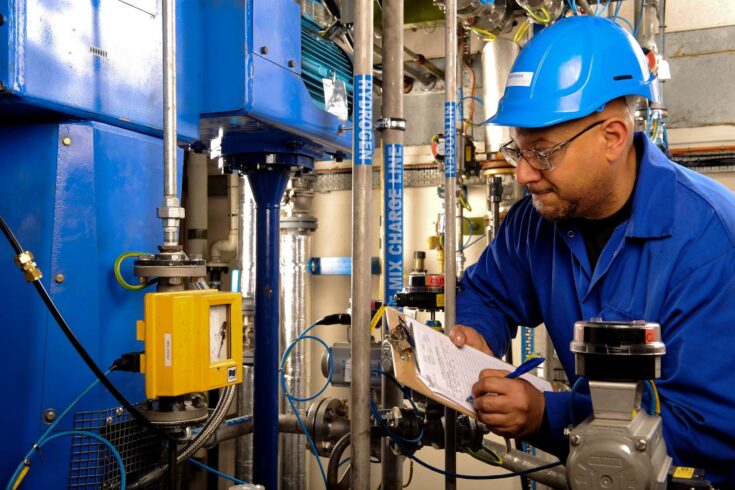The Black Country claims to be the world’s first industrial cluster. But instead of the smoking chimneys of the past, its ambition now is to lead the way in clean manufacturing and reduce carbon emissions to net zero by 2030.
Supported through UK Research and Innovation’s Industrial Decarbonisation Challenge (IDC), a detailed blueprint is being developed, showing how the Black Country can reach this target. The Repowering the Black Country project is being led by the Black Country Consortium and low-carbon specialist consultancy, Camirus Ltd.
The blueprint for the Black Country needs to consider some distinctive features of the region. Most importantly, the area is unusual in the variety and relatively small size of its manufacturing businesses.
Challenges to decarbonising
The Black Country’s 3,000 manufacturers use a lot of energy between them. But unlike in other clusters, there is no major plant dominating the industrial landscape and accounting for the majority of carbon emissions.
As Camirus’s CEO Matthew Rhodes explained, having so many small and medium sized enterprises (SMEs) in the Black Country create particular challenges when it comes to decarbonising:
Helping SMEs to cut their carbon emissions is different from decarbonising big industrial sites such as oil refineries and steelworks. Technology around carbon capture, say, only works economically at a big scale.
The focus of Repowering the Black Country, then, is not on making large capital investments to install equipment in a few major carbon-emitting plants. Rather, it is about planning the overall economic development of the region. It involves finding ways for the Black Country to grow economically at the same time as decarbonising, with smaller businesses front and centre.
A portfolio approach
With strong backing from the local enterprise partnership and local authorities, a portfolio approach is being developed, which will see many projects being supported across a range of supply chains.
First, the project is working to identify opportunities for local, strategically important supply chains to be reconfigured along ‘circular economy’ lines with:
- businesses sharing resources
- businesses making use of each other’s waste products.
A feasibility study has already been carried out to show how this can work, based on aluminium re-processing.
Plans are also advanced to provide cost-efficient, clean energy infrastructure to Black Country businesses, with a number of zero-carbon hubs close to being given the green light.
Encouraging cost-effective solutions
Above all, Repowering the Black Country is about engagement: not just creating opportunities for businesses to find cost-effective solutions to decarbonisation, but encouraging them to do so.
And for Matthew Rhodes, a flexible, localised approach is not just suited to the Black Country, it can be replicated nationally.
He states:
Where some other clusters are focused on some of the biggest emitters in the country, we need to remember that there are 300,000 manufacturing businesses in the UK.
Our model, with the modular energy generation and circular supply chain approaches we are developing, works with smaller manufacturers outside of the core clusters.
The plan’s ambitious aim is for the Black Country to generate clean gross value-added growth of £16 billion by 2030. This will create or safeguard at least 20,000 skilled jobs and reduce industrial carbon emissions by around 1.3MtCO2.

